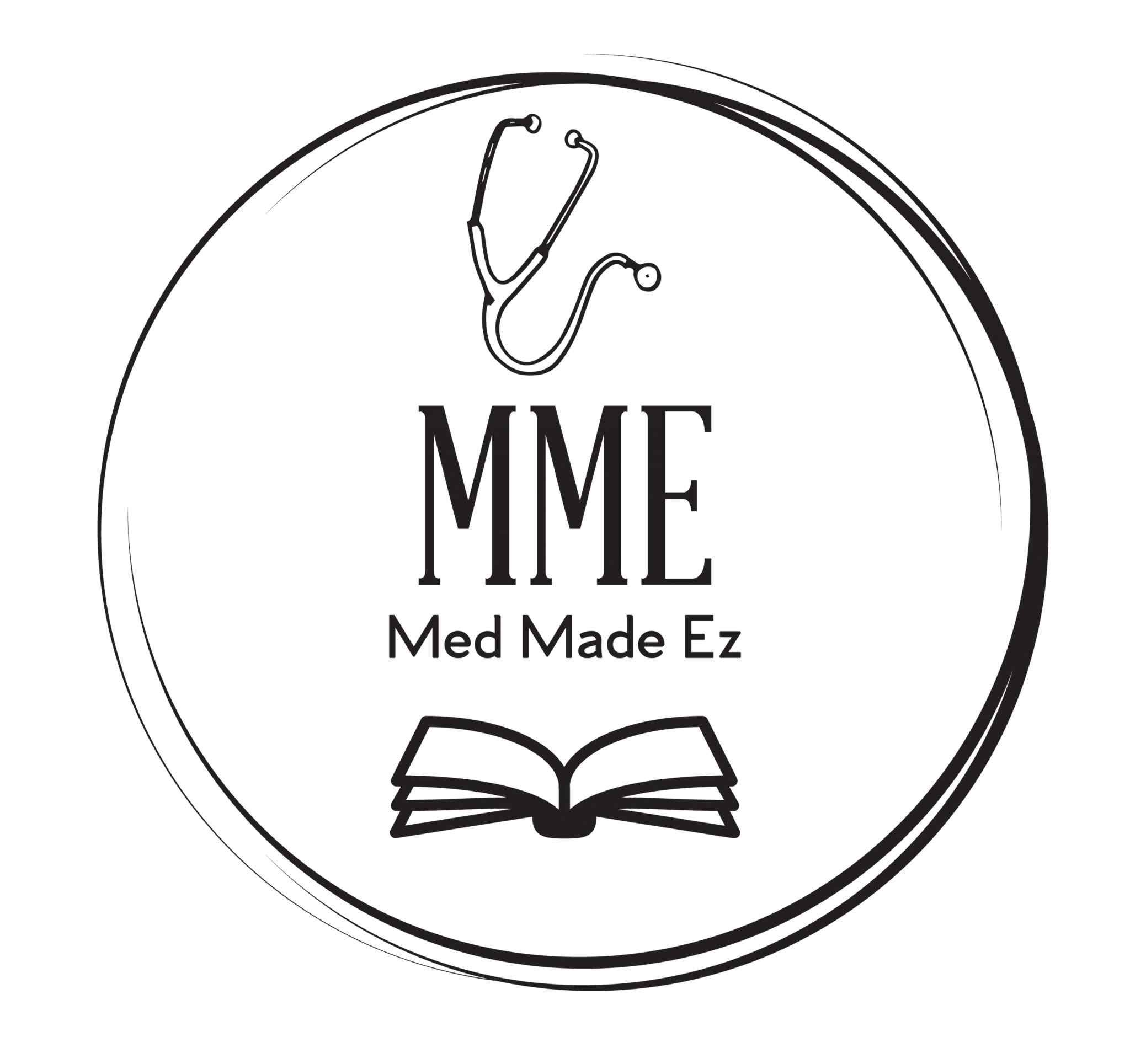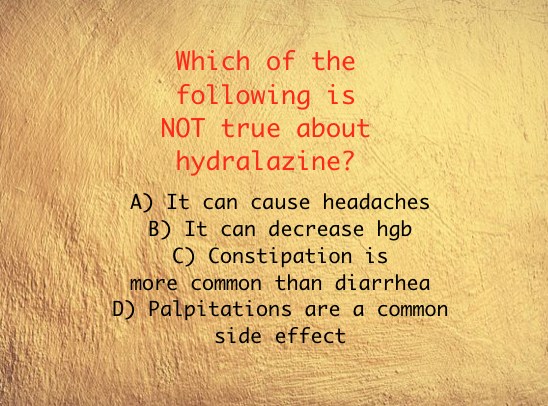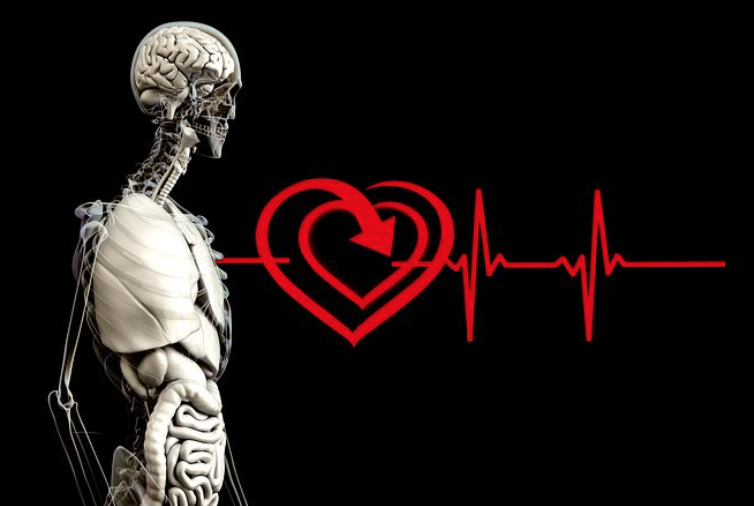- Aphasia- Can’t talk
- Asytole: No heart electrical activity, flat lined
- Anuric: generally <100 cc urine output a day
- Ataxia: Inability to control body movement, coordination, balance
- Bilateral- Both sides
- Bradycardia: Slow heart rate <60 beats per minute
- Calculi: Kidney stone
- Diminished lung sounds: Often in smokers. Lung sounds are often harder to hear due to diminished air flow. There are also other causes for this that are acute in nature.
- DKA: Diabetic ketoacidosis is a condition that can lead to death. These patients often have polyuria, confusion, fruity breath, disorientation, hyperkalemia, and elevated anion gap (among other abnormal labs see for more). Diabetics who go into metabolic acidosis many times from uncontrolled glucose. The usually will be placed on an insulin drip and aggressive hydration
- DNR: Do Not Resuscitate. Usually outlined in an advanced directive. This does not mean do not care for this patient. They should not die from neglect. It is generally if they are dying from natural causes that no CPR and no other life extending procedures be performed
- DVT: Deep vein thrombosis., generally in legs. Could potentially travel to lungs
- Dysphagia: Difficulties eating
- Dysphasia: Difficulties with speech
- Edema: Swelling
- Erythema: Red
- Expiration time: Time of death
- Fistula: Vascular access for dialysis for end stage renal disease patients
- Hyperglycemia: High glucose
- Hyperkalemia: High potassium
- Hypernatremia: High sodium
- Hypomagnesemia: Low magnesium
- Hyponatremia: Low sodium
- Hypocalcemia: Low calcium
- Hypoglycemia: High glucose
- Hypokalemia: Low potassium
- Macule: Flat lesion, no raised edges.
- Oliguric: Generally urine output < 500 cc a day
- Organomegaly: Enlarged organ to palpation
- Pruritis: Itching
- Rhonchi: Snoring quality to lung sounds. May hear in pneumonia, bronchitis
- Sun Downers: Often happens with Alzheimer’s patient. As the name implies, The may begin to become agitated, disoriented, forgetful, combative when sunsets (early evening)
- Symmetrical: Both sides are equal, the same
- Tachycardia: Fast heart rate >100 beat per minute
UPDATE: Additional Terms Added (will continuously be updated with new)
CHF: Congestive heart failure
Dyspnea: Difficulties breathing
Orthopnea: Shortness of air specifically when lying flat (often seen in CHF)
REFERENCE
1.
2.
DISCLAIMER: The information posted is not intended to be medical advice. Check with your primary care provider regarding questions about your health. This post and all other posts are for educational purposes only. This information is intended for medical professionals & students. This is not intended to guide in medical decisions or treatment in any way. As always, medical professionals should call the on call provider if any clarifications are needed. State and hospital protocols should always be followed accordingly. Med Made Ez (MME) disclaims any liability for the decisions you make based on this information. |





